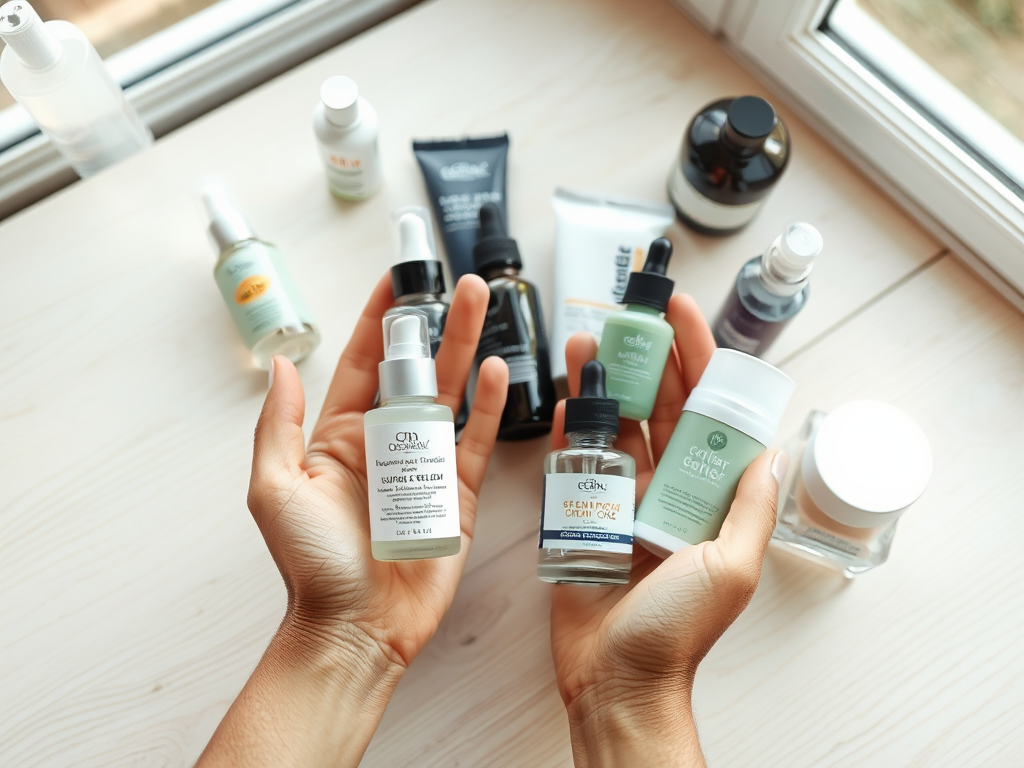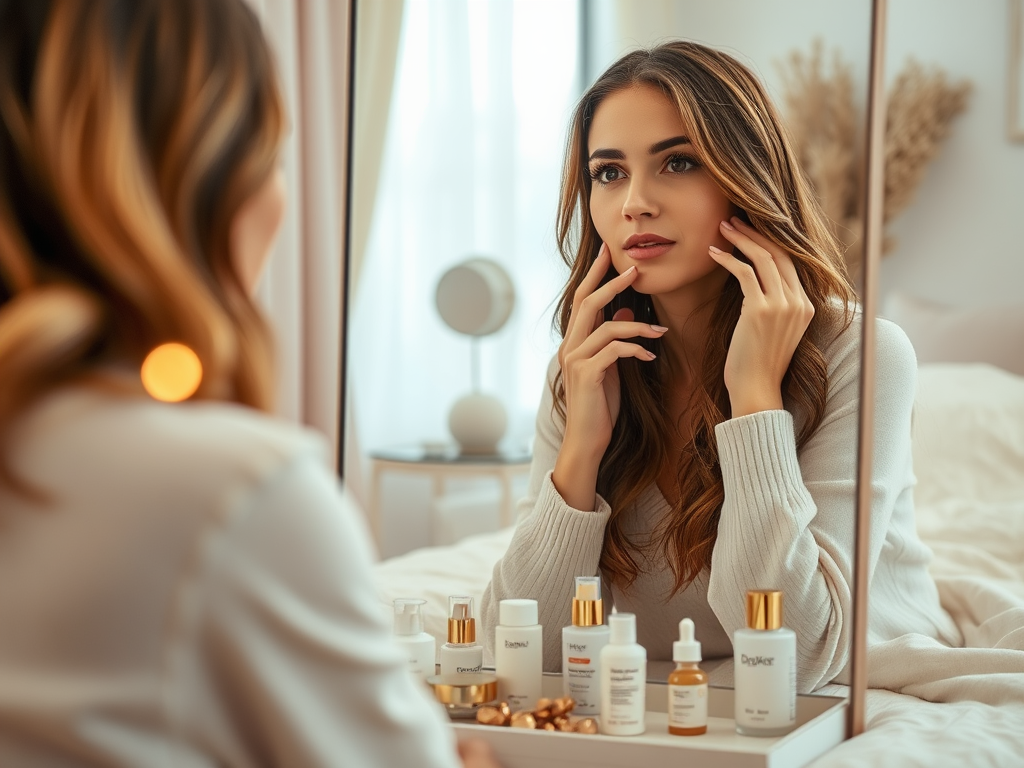Blemishes are more than just skin deep; they often reflect deeper underlying issues and concerns. For skincare enthusiasts, understanding the factors that lead to these imperfections is critical for achieving and maintaining clear skin. In this comprehensive guide, we will explore various types of blemishes, delve into their causes, and offer practical tips to help you prevent them. Armed with this knowledge, you can navigate the world of skincare product choices and lifestyle changes to enhance your skin health effectively. Whether you are struggling with acne, dark spots, or scarring, this article will serve as a valuable resource in your journey toward healthier skin.
Blemishes can manifest in different forms, affecting people of all ages. Recognizing the unique types of blemishes is important for not only for treatment but also for prevention. Differentiating between acne, dark spots, pockmarks, and scars is a skill that every skincare enthusiast should cultivate. Each type of blemish has its own set of causes and solutions, necessitating a nuanced approach. Furthermore, the visibility of blemishes can have significant impacts on self-esteem. By understanding the science behind each type, you may feel empowered to take appropriate actions toward achieving smoother, clearer skin.
Types of Blemishes

Blemishes can come in various forms, and recognizing them is essential for proper treatment. Here we will discuss the three primary types of blemishes that individuals encounter in their skincare journey.
- Acne: This includes whiteheads, blackheads, and cystic forms of acne.
- Dark Spots: Also referred to as hyperpigmentation, these spots can be triggered by sun exposure.
- Pockmarks and Scars: These are often left behind by acne and indicate previous inflammatory processes.
Main Causes of Blemishes

To adequately tackle the issue of blemishes, it’s imperative to understand their root causes. Various factors can contribute significantly to developing skin imperfections. These can include hormonal imbalances, environmental stressors, dietary influences, and even the skincare products you use. Addressing these factors holistically can lead to effective solutions and clearer skin.
Hormones
The role of hormones in skin health cannot be overstated. Fluctuating hormone levels during puberty, menstrual cycles, and even the use of hormonal treatments can exacerbate skin issues, including blemishes. Hormonal acne often appears in specific patterns on the face, indicating its link to hormonal changes. Addressing these imbalances can lead to significant improvements in skin condition. It’s crucial to consult healthcare providers when considering hormonal treatments for skin concerns. By managing your hormonal health, you can better manage breakouts.
Environmental Factors
The environment also significantly impacts skin health. Pollution and climate changes can exacerbate skin conditions, leading to increased occurrences of blemishes. Exposure to harmful particles in the air can overwhelm the skin’s barrier, allowing for the penetration of irritants and bacteria. Implementing measures, like facial cleansing and using protective products, can mitigate the negative effects of environmental factors. Regularly assessing your local air quality can also help you make informed decisions regarding skincare and outdoor activities. Adjusting your skincare routine according to seasonal changes can help keep your skin in check.
Diet and Lifestyle Choices
Another substantial factor influencing skin health is one’s diet and lifestyle. A well-balanced diet rich in vitamins and minerals can help nourish skin from within. Foods high in antioxidants and omega-3 fatty acids contribute to inflammation reduction and improved skin clarity. Furthermore, the importance of hydration cannot be overlooked, as water plays a vital role in maintaining skin elasticity and appearance. Regular exercise can also promote healthy blood circulation and relieve stress, which is known to trigger skin issues. A well-rounded approach to diet and lifestyle can enhance your skincare regimen effectively.
| Type of Blemish | Main Causes | Typical Treatments |
|---|---|---|
| Acne | Hormones, excess oil, bacteria | Topical treatments, antibiotics, lifestyle changes |
| Dark Spots | Sun exposure, aging, hormonal changes | Brightening serums, sun protection, chemical peels |
| Pockmarks and Scars | Previous acne lesions, skin trauma | Laser treatments, fillers, microdermabrasion |
Tips for Preventing Blemishes
Proactive measures can be taken to limit the occurrence of blemishes. A consistent skincare routine tailored to your skin type is a vital component of any prevention strategy. This routine may include cleansing, exfoliating, and moisturizing at appropriate intervals. Adopting a disciplined approach to skincare will keep your skin clear and radiant. Additionally, wearing sunscreen is critical in preventing sun-induced blemishes. Following best practices for skincare is essential, but don’t underestimate the importance of routine check-ups with a dermatologist for personalized guidance.
Sun exposure is one of the leading contributors to skin blemishes. Not only does it lead to sunburn, but it can also result in dark spots and premature aging. To protect your skin, consider the following practices:
- Apply broad-spectrum sunscreen daily, even on cloudy days.
- Reapply sunscreen every two hours, especially if swimming or sweating.
- Seek shade during peak sunlight hours, typically between 10 a.m. and 4 p.m.
Conclusion
Understanding blemishes is not just about addressing the visible symptoms; it encompasses a broader analysis of one’s lifestyle, environmental factors, and skincare practices. By recognizing the underlying causes and implementing effective prevention strategies, individuals can greatly improve their skin health. Whether you opt for professional consultations, product adjustments, or changes in diet and lifestyle, every little effort counts toward ensuring a clear complexion. Effective skincare is a journey, not a destination; therefore, remain informed and adaptable as your skin evolves.
Frequently Asked Questions
- What are blemishes? Blemishes are skin imperfections that can include acne, dark spots, and scars.
- Can diet really affect my skin? Yes, a balanced diet rich in nutrients can promote healthier skin and help prevent blemishes.
- Is it safe to pop a pimple? It is generally recommended not to pop pimples, as this can lead to scarring and further infection.
- How can I treat my blemishes effectively? Effective treatment can vary depending on the type of blemish; consider consulting a dermatologist for tailored solutions.
- Do skincare products cause blemishes? Some products can lead to breakouts, especially those that are comedogenic. It’s important to choose products that are suitable for your skin type.